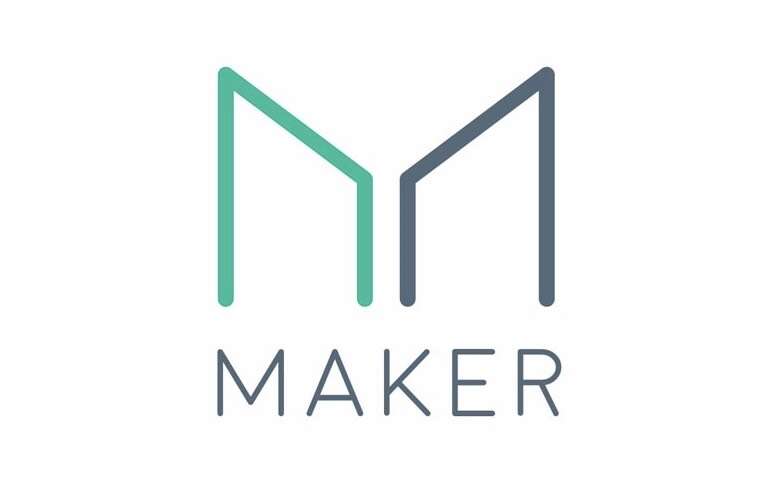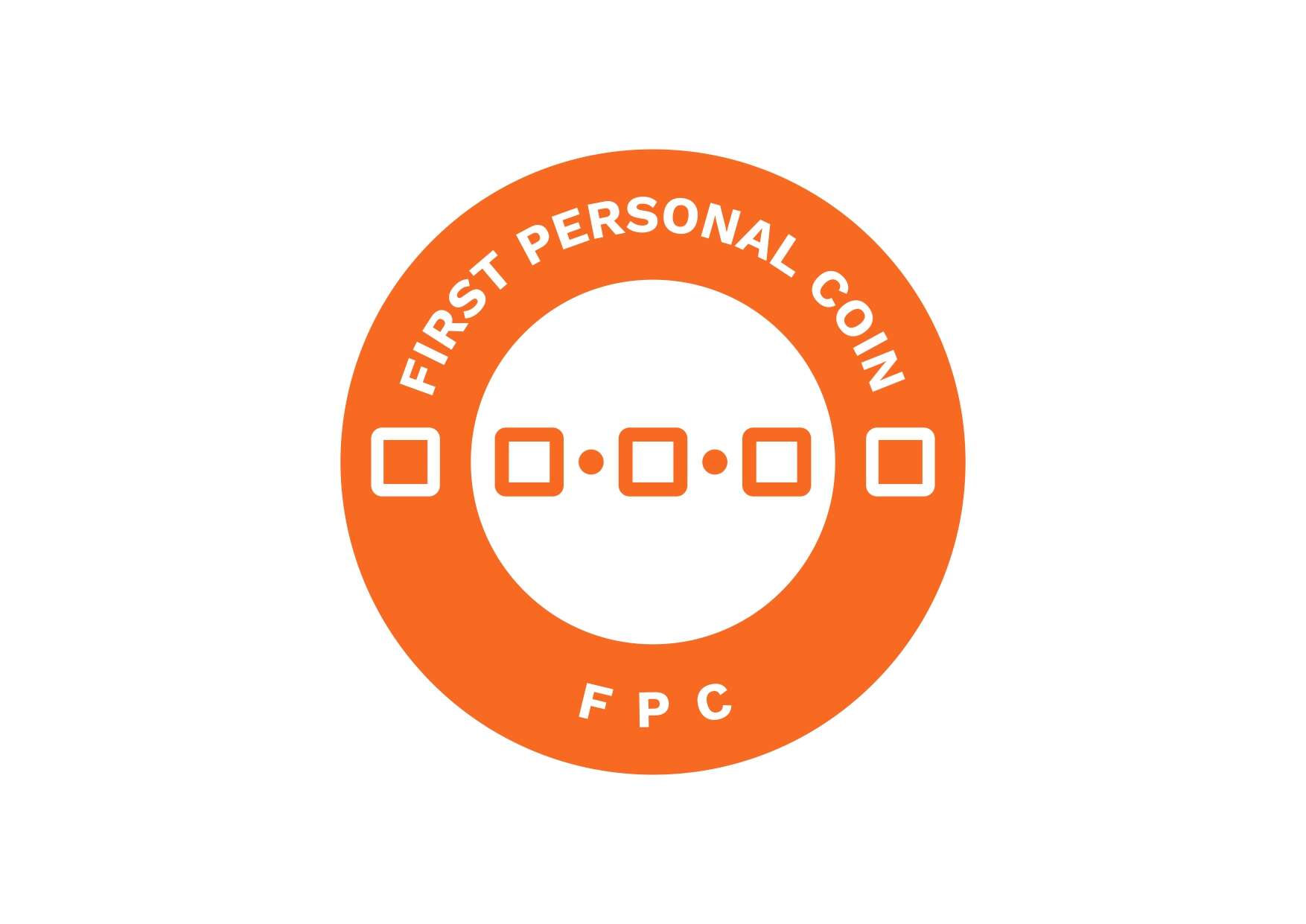THE MAKERDAO COMMUNITY REJECTS COINSHARES PROPOSAL TO INVEST UP TO $500 MILLION IN BONDS
MakerDAO is one of the largest decentralised cryptocurrency lending protocols and holds an estimated $7.7 Billion assets in its pool called the Peg Stability Module (PSM ).
It is fundamentally a peer-to-peer organisation, as the MakerDAO cryptographic protocol allows any individual with ETH and a Metamask wallet to participate, with a shared wallet, focused on developing technology to facilitate functionality such as saving, lending and borrowing.
The operation requires users to lock a certain amount of ETH into MakerDAO protocol smart contracts, to obtain MKR (the platform's native token) and to create a specific amount of DAI, an algorithmic stablecoin tied to the dollar, which with some difficulty CLICK HERE has gained parity with it since it was founded in 2019, even in difficult market situations.
A network of collaborative teams realises the function of a decentralised autonomous organisation (DAO) and manages the protocol through public discussions in its forum, where participants vote on the proposals made.

MakerDAO previously approved a plan to invest $1.6 Billion with Coinbase Prime (institutional custody service of the Coinbase Cryptocurrency Exchange) for an annual return of 1.5%.
Since the beginning of this year, several institutional fund managers such as Coinbase, Gemini, but also Société Générale FORGE CLICK HERE (digital assets department of the large French bank) have presented MakerDAO with their plans to allocate part of its reserve in return-generating reward programmes, including investment in treasury bonds.
It is a recent news that MakerDAO community rejected a proposal to use up to $500 Million of the USDC stablecoin to invest in bonds with CoinShares, a large European digital asset trading and investment group. CLICK HERE despite the history and size of CoinShares itself.
CoinShares had proposed to manage between USDC 100 million and USDC 500 million, and to actively invest the money in a portfolio of corporate debt and government bonds, with the aim of returning a yield corresponding to the Secured Overnight Financing Rate (SOFR). The SOFR is currently at 3.8%CLICCA QUI

It is especially interesting to note the voting methods all published on the website CLICCA QUI
On 88 votes, 72.43% voted 'No', 13.84% voted 'Yes' and 13.73% voted 'Abstain'. The total voting power involved had a value of about 52 mln dollars involving about 8% of the circulating supply and an even smaller (and difficult to estimate) percentage of the community.
All this data for a vote that ended on Monday is a significant indication of transparency and effectiveness, and leaves us with the possibility of reflecting on the values at stake beyond the reasons that should be searched for, despite the many proposals received, in the recent turbulences in the cryptocurrency markets (FTX implosion and Genesis insolvency) that were the main reason for the rejection.
But we are interested not in what was voted on, but how it was voted on: a further opportunity to reflect on the decentralised organisation model.
